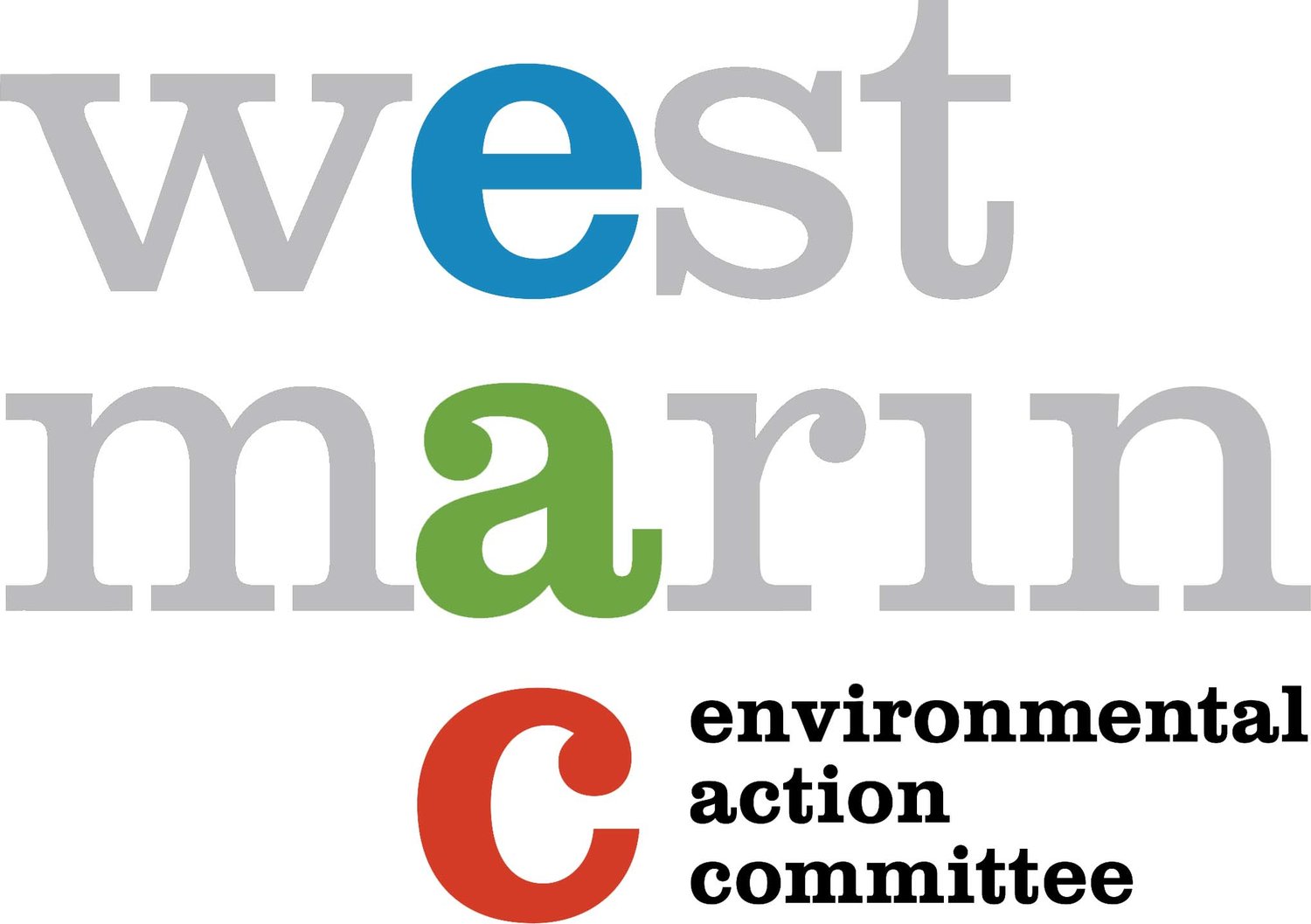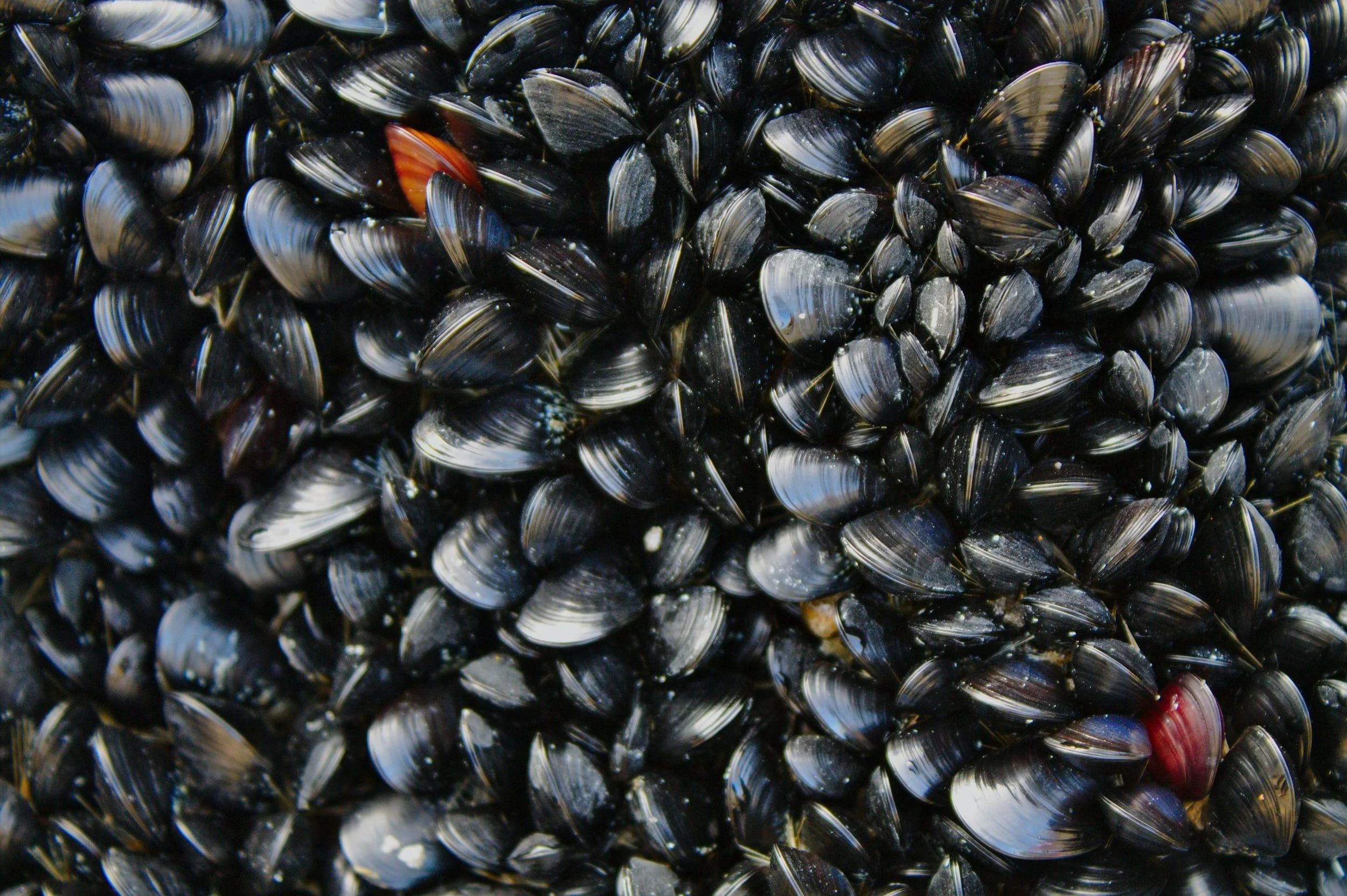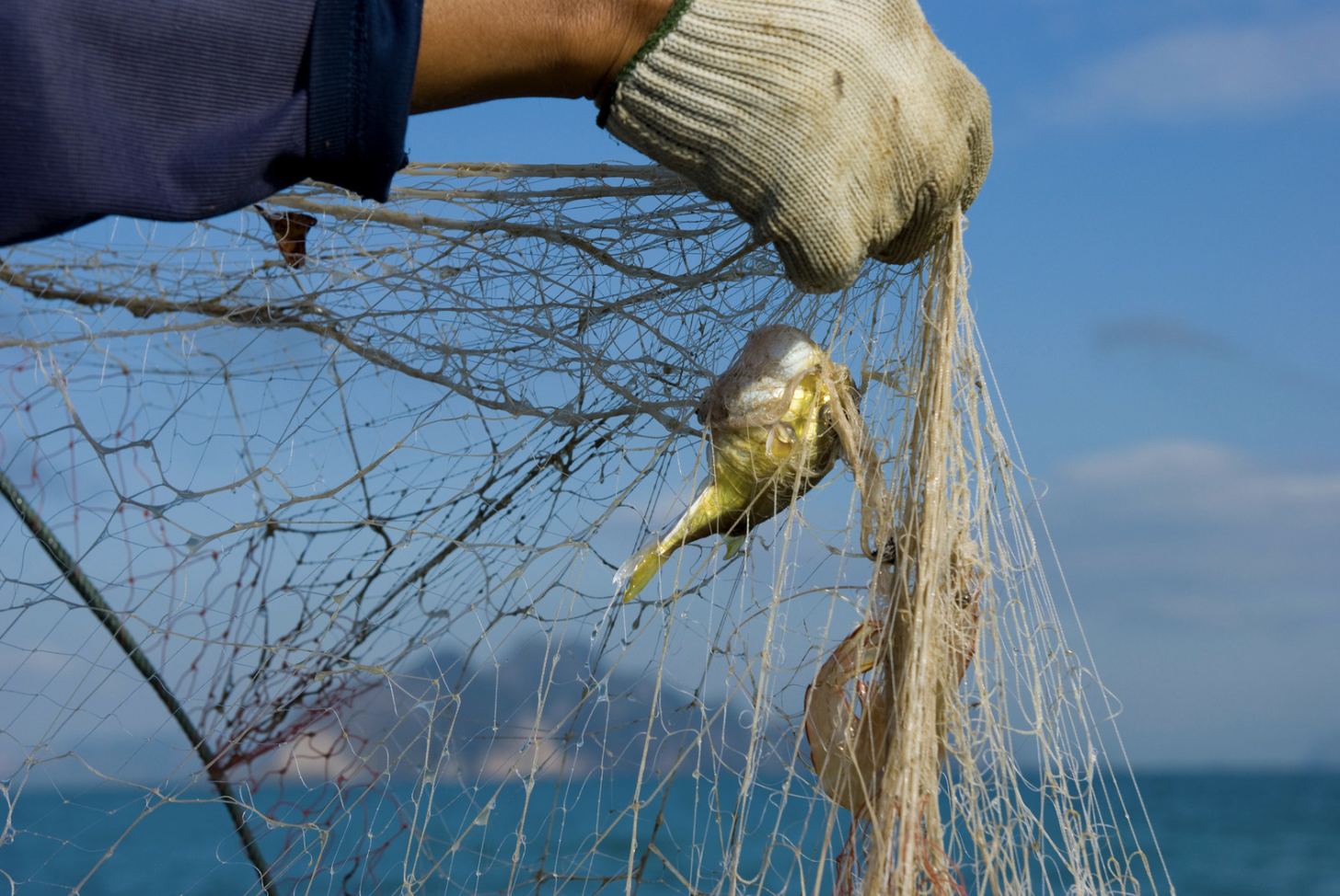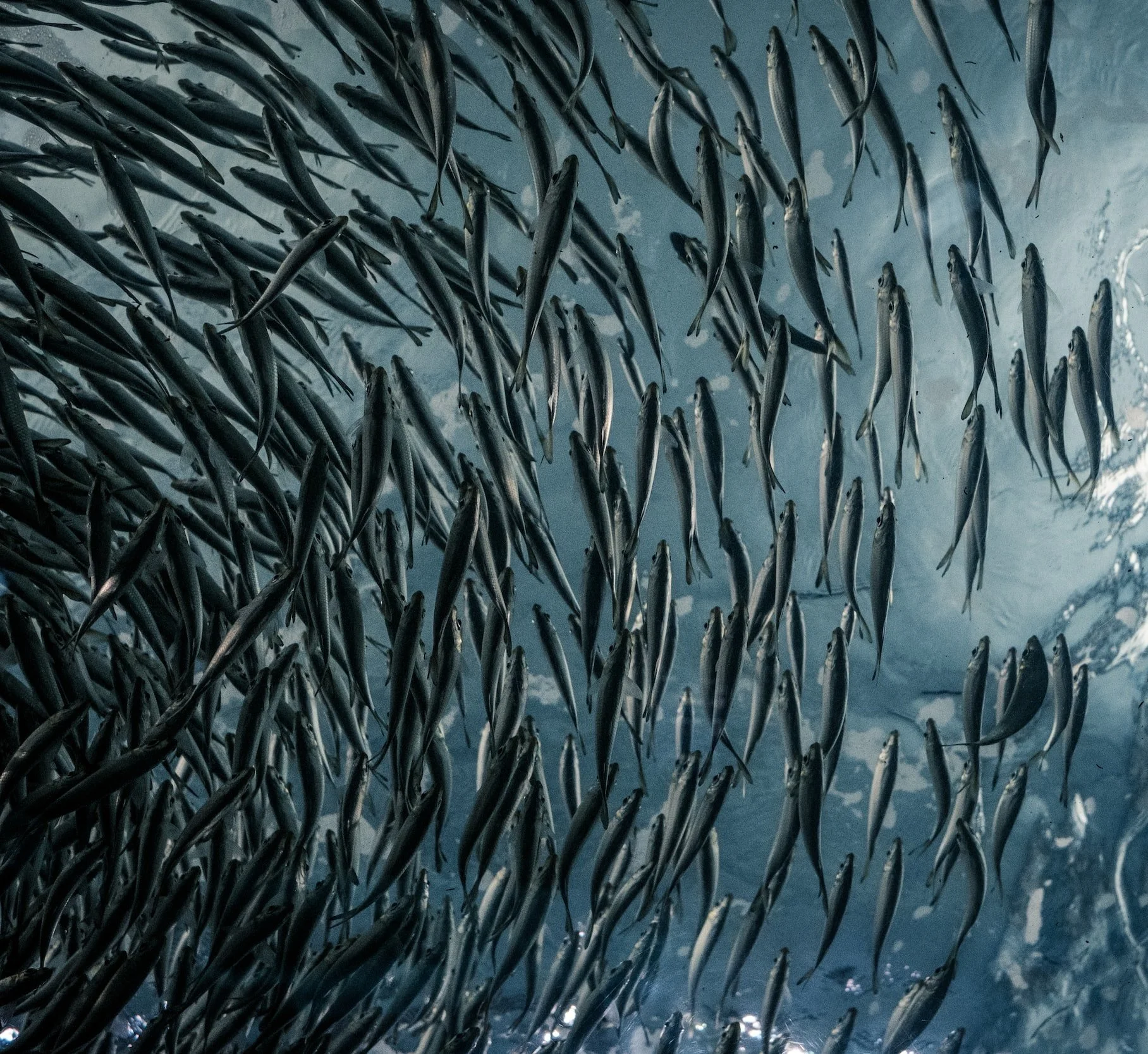Sustainable Fisheries Management
A fishery is a geographic area where commercial and recreational fishing occurs that may be defined by a body of water or collection of a specific species. Here in West Marin, we support sustainable fisheries. We advocate for strong, coordinated regulations and policies to limit environmental impacts on our local water bodies and biodiversity. Our goal is to ensure that our local waters remain healthy with vibrant, providing habitat for significant populations of marine and avian species. We are part of a statewide coalition of NGOs working on California fisheries issues. We are often before the Fish and Game Commission on these topics. Read more about some of our fisheries campaigns below.
2024 Update!
In 2024, in addition to continued engagement with the CDFW and the Fish and Game Commission, we support our partners in seeking a legislative solution. AB 2220 has been introduced to protect California’s ocean biodiversity by reducing injury and death to a suite of marine life in the state’s set gillnet fishery while removing exemptions in current law that allow these nets to catch and keep protected species like great white sharks and giant seabass.
Learn More:
Read our partner, Oceana’s, press release
Read joint letter of support
reducing bycatch
Bycatch is when unwanted fish and other marine creatures are caught while fishing for a different species.
Addressing halibut bycatch is crucial for many reasons: it maintains ecosystem balance, reduces wastefulness, complies with regulatory and international sustainability obligations, encourages the adoption of selective fishing practices, and responds to public and consumer demand for sustainable seafood. Tackling halibut bycatch is essential for the long-term sustainability of halibut populations, the health of marine ecosystems, and the viability of the fishing industry.
In 2022, EAC joined partners in beginning our advocacy for sustainable halibut fisheries and to reduce the amount of bycatch. This partnership with coastal organizations including advocating to the California Fish and Game Commission to review the halibut fishery regulations, including whether management changes and data collection improvements were needed, as well as highlighting specific measures we believe should be adopted to reduce bycatch to acceptable levels. Advocacy to the Fish and Game Commission has been around the evaluation of bycatch in the California halibut set gill net fishery and support of a management review of the fishery.
While this issue is bigger than our typical focus on Tomales Bay, ensuring sustainable fishing practices throughout California is critical to maintaining our local, statewide, and offshore biodiversity.
Learn More:
Read our 2023 Comment Letter to the Fish and Game Commission Marine Resources Committee
Clamming: Hydraulic Pump Ban
In 2022, we advocated successfully with partners to ban the use of hydraulic pumps for harvesting clam, sand crabs, and shrimp statewide including Tomales Bay. Hydraulic clamming pumps enabled clammers to collect a full day's worth of clams at varying tide levels in just a few minutes and leave behind significant habitat damage. Restricting harmful gear types is one way to reduce impact on our local sensitive habitat. This ban helps limit harmful take levels and this problematic gear type.
Tomales Bay: Herring FISHERY
Between 2018 and 2019, we advocated to the California Fish and Game Commission for a recreational herring daily limit, our opposition to the continuation of a commercial fishery in Tomales Bay, and our opposition to the continued recreational take of herring roe (or eggs) in Tomales Bay during the update of the Pacific Herring Fishery Management Plan (FMP) and its implementing regulations.
The Fish and Game Commission unanimously adopted the FMP in October 2019. Consistent with our comments, the corresponding regulations also established a recreational limit for herring. Unfortunately, our other requested changes for Tomales Bay were not adopted.
Learn More:
EAC’s Comment Letters to the Fish and Game Commission regarding the FMP and its implementing regulations: September 2019, August 2019.
EAC’s Comment Letter to the CA Department of Fish and Wildlife regarding the FMP scoping: September 2018.






